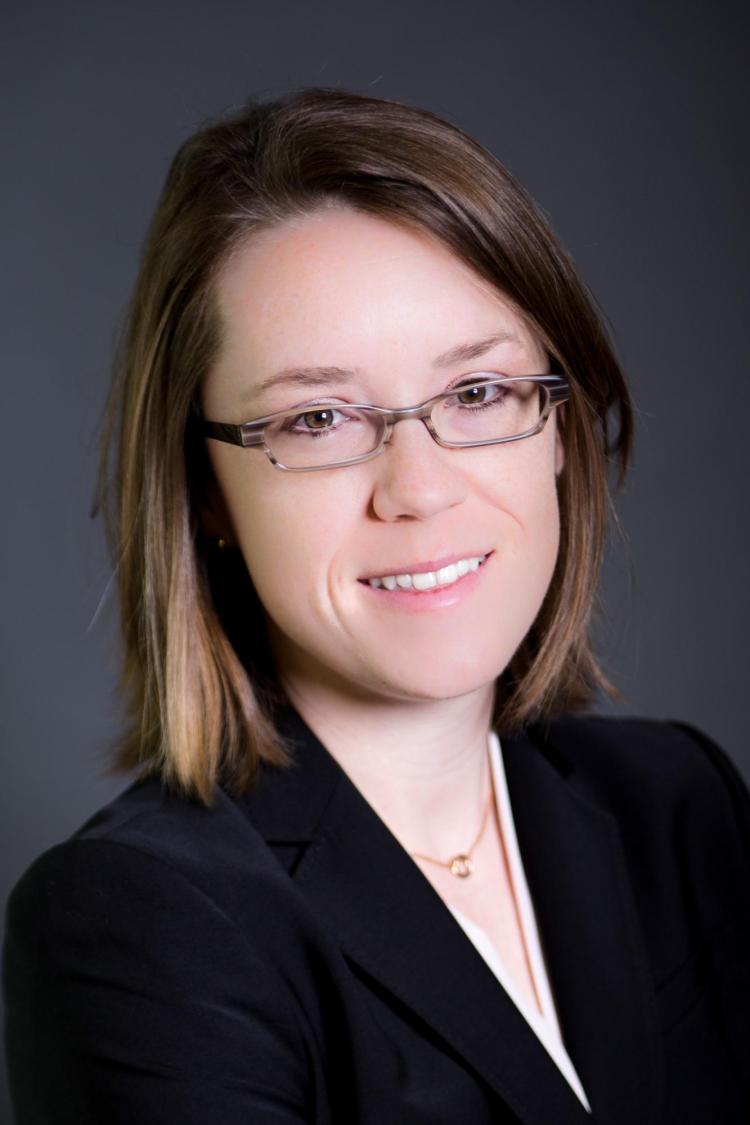
So … Mon County 4-H can create an Amazon wish list on behalf of Monongalia County teachers, and people can order items off that wish list to be sent to Mon County schools. But Emily Calandrelli can’t share teachers’ Amazon wish lists, where people would order items to be sent to Mon County classrooms. One is considered a service project; the other is considered crowdfunding.
It seems like this is a distinction without a difference.
We understand Mon County Schools doesn’t necessarily want teachers going out and soliciting donations to their classrooms. We also understand schools would prefer to meet teachers’ needs in-house. As Superintendent Eddie Campbell said, educators can approach the school principal first, as well as use the $300 allotted to purchase what they need. That’s not an unreasonable request.
What we’re struggling with is the unequal application of the Board of Education’s policy 6605, which prohibits crowdfunding. “Crowdfunding” is defined by the district as “the solicitation of resources from individuals and/or organizations to support identified activities or projects that enhance the educational program or a specific cause … .” Specifically, using online platforms to solicit those resources.
Campbell gives this example: A school fundraiser to pay for an academic trip to a competition is OK, but starting a GoFundMe is not. We understand that logic — platforms like GoFundMe keep a portion of the funds, and the BOE prefers all the money go to the cause for which it was donated.
That same logic, however, doesn’t extend to physical items, nor to a platform like Amazon. No matter where the supplies are purchased, there is a third party keeping some of the cost. That’s just as true for Walmart, Office Depot or Target as it is for Amazon.
Arguably, the teachers in both of these cases are not directly soliciting the public. Calandrelli asked teachers to share what items they would like for their classrooms, and she would share those requests widely with others, in hopes some of her 620,000 social media followers would help. Those requests happened to be in the form of Amazon wish lists that each educator made.
Really, there are only two differences between the 4-H collection and Calandrelli’s: Calandrelli didn’t rewrite the teachers’ lists into a master list that she controlled, and donations could be made to specific classrooms instead of to a general stockpile.
We love that Mon County residents show up for their schools, passing levies and participating in fundraisers. But, as Campbell said, we don’t want to nickel-and-dime our community — which was the best part of Calandrelli’s idea. Her wide reach would have let people from all over the country — maybe even the world — shower some love and appreciation on our educators.
When Mon County Schools shut down Calandrelli’s project, which was originally targeted to Mon County only, she opened it to teachers throughout West Virginia who weren’t limited by policies like 6605, so they could have their wish lists granted instead. In the end, it’s those teachers’ gain, but it came at our teachers’ loss.


